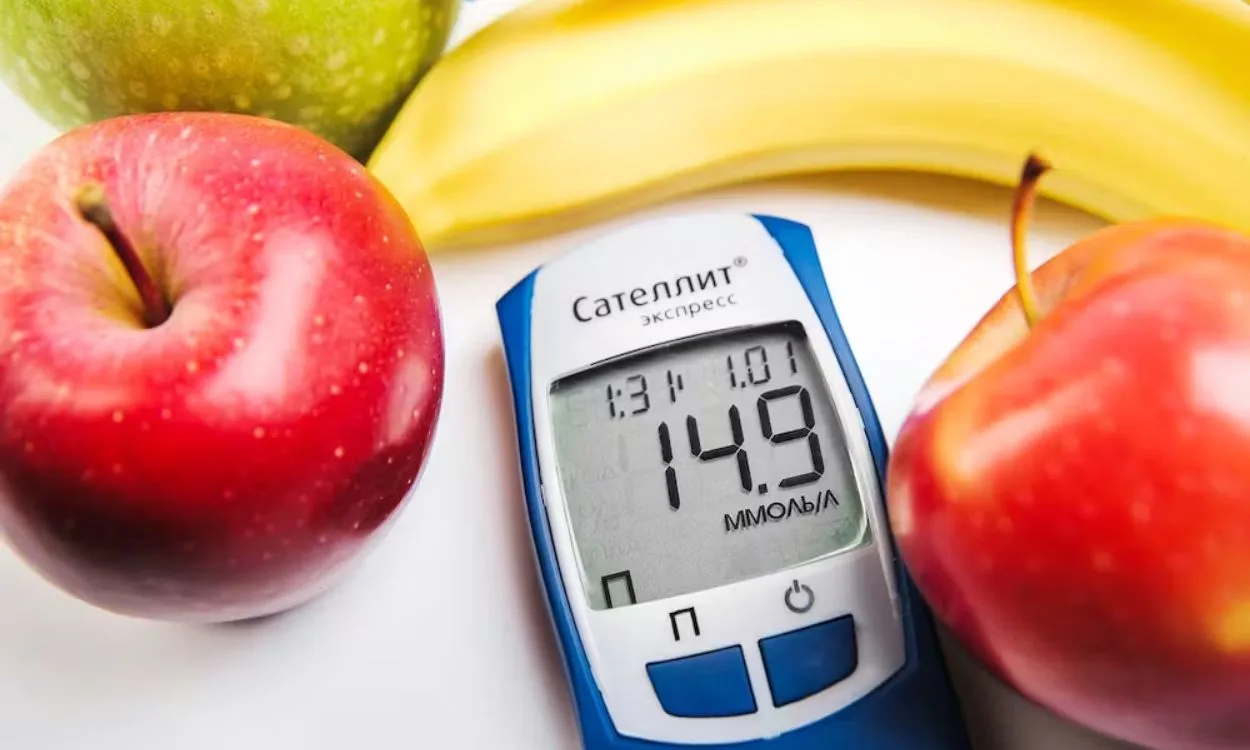Understanding the Link Between Diabetes and Hormonal Fluctuations in Women
Diabetes and hormonal fluctuations in women are closely interconnected, often influencing each other in complex ways. The impact of hormonal changes on diabetes and vice versa is a crucial aspect of women’s health that demands attention and understanding. In this comprehensive article, we will delve into the intricate connection between diabetes and hormonal fluctuations in women, exploring the various factors, effects, and implications of this relationship.
Understanding Hormonal Fluctuations in Women
Hormonal fluctuations are a natural part of a woman’s life, occurring during various stages such as puberty, menstruation, pregnancy, and menopause. These fluctuations involve changes in estrogen, progesterone, and other hormones, influencing the body’s metabolism, insulin sensitivity, and overall health. The menstrual cycle, in particular, can lead to fluctuations in blood sugar levels, affecting women with or at risk of diabetes.
Diabetes and Its Impact on Hormonal Balance
Diabetes, a condition characterized by high blood sugar levels, can disrupt the delicate balance of hormones in the body, particularly in women. Insulin, a key hormone involved in regulating blood sugar, plays a central role in diabetes. When insulin production or utilization is impaired, as in the case of type 1 or type 2 diabetes, it can lead to disturbances in other hormones, exacerbating the impact of diabetes on women’s health.
The Role of Hormonal Fluctuations in Diabetes Risk
Hormonal fluctuations, especially those related to the menstrual cycle and menopause, can influence a woman’s risk of developing diabetes. Fluctuating hormone levels can affect insulin sensitivity, leading to potential insulin resistance and an increased risk of diabetes. Additionally, hormonal changes may contribute to weight gain, another risk factor for diabetes, further highlighting the intricate link between hormones and diabetes in women.
Specific Hormonal Factors and Their Impact on Diabetes:
Puberty
During puberty, hormonal changes can affect insulin sensitivity, potentially leading to challenges in managing blood sugar levels. This phase marks a critical period in a woman’s life where the interplay between hormones and diabetes risk becomes particularly significant.
Menstrual Cycle
Throughout the menstrual cycle, fluctuations in estrogen and progesterone can influence insulin sensitivity, causing variations in blood sugar levels. Women with diabetes may experience challenges in glycemic control during different phases of their cycle, requiring tailored management strategies.
Pregnancy
Pregnancy is a unique phase where hormonal fluctuations can have a profound impact on diabetes. Gestational diabetes, a form of diabetes that develops during pregnancy, is closely linked to hormonal changes and underscores the importance of monitoring and managing blood sugar levels in pregnant women.
Menopause
The transition to menopause involves significant hormonal shifts, particularly a decline in estrogen levels. These changes can affect insulin sensitivity and metabolic health, potentially increasing the risk of diabetes and emphasizing the need for proactive health management during this stage of life.
Addressing the Connection for Better Health
Understanding the connection between diabetes and hormonal fluctuations in women is pivotal for promoting better health outcomes. Tailored approaches to diabetes management that account for hormonal influences, regular monitoring during various life stages, and lifestyle modifications can help mitigate the impact of hormonal fluctuations on diabetes risk and control.
Introducing Fitpaa: Your Comprehensive Health and Wellness Solution
For women seeking to manage diabetes and navigate the complexities of hormonal fluctuations, Fitpaa offers a revolutionary and personalized approach to health and fitness. With its AI-driven metabolism monitoring and management technology, Fitpaa provides a holistic solution to optimize metabolic health, enhance insulin sensitivity, and support overall well-being.
Fitpaa’s Approach:
- Personalized Metabolism Assessment: Identifying the root cause of health conditions through comprehensive metabolism assessment.
- Tailored Fitpaa Capsule: Customized plans integrating medical therapy, exercise therapy, nutrition therapy, and cognitive behavior therapy to optimize metabolism and achieve health and fitness goals.
- Real-time Guidance Technology: Harnessing cognitive behavioral therapy concepts to provide timely nudges, habit-building support, and motivation for sustained progress.
- Expert Support Team: Access to a dedicated team of fitness coaches, nutritionists, and doctors for personalized guidance and support.
With Fitpaa, women can embark on a transformative journey to manage diabetes, navigate hormonal fluctuations, and achieve their health and fitness goals with guaranteed results.
In conclusion, the relationship between diabetes and hormonal fluctuations in women is multifaceted and significant, warranting proactive attention and tailored interventions. By understanding and addressing this connection, women can empower themselves to take control of their health and well-being, supported by innovative solutions like Fitpaa.
To embark on your journey towards holistic health and wellness, download the Fitpaa app today and experience the power of personalized, guaranteed results in achieving your health and fitness goals.
Remember, your well-being is our mission at Fitpaa, and we are committed to helping you thrive in health and happiness.









